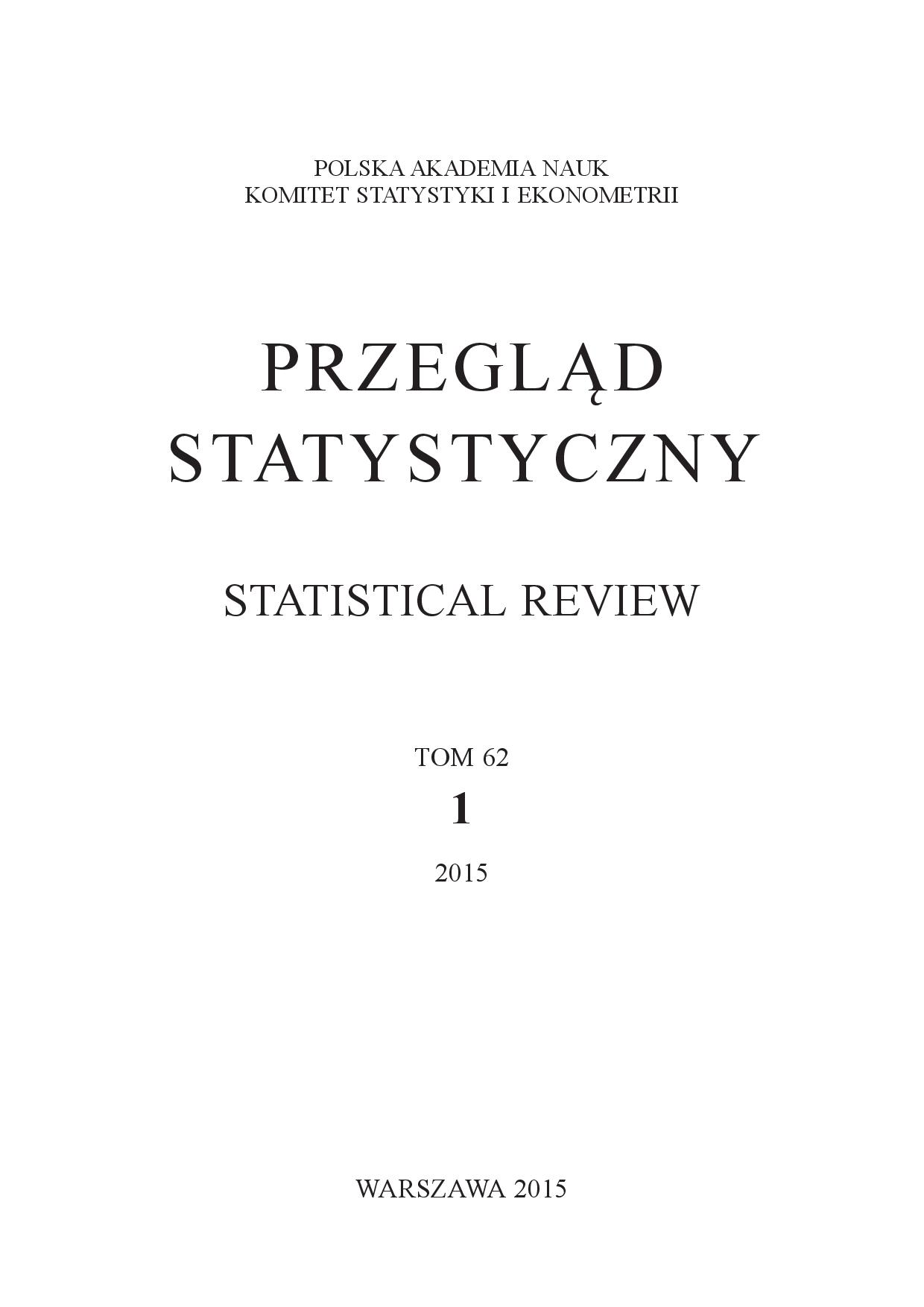Wpływ efektywności instytucji na jakość życia w Unii Europejskiej. Badanie panelowe dla lat 2004–2010
The Impact of the Efficiency of the Institutions on the Quality of Life in the European Union. Panel Data Evidence for the Years 2004–2010
Author(s): Adam P. Balcerzak, Michał Bernard PietrzakSubject(s): Economy, Supranational / Global Economy, Financial Markets, Socio-Economic Research
Published by: Główny Urząd Statystyczny
Keywords: quality of institutions; theory of transaction costs; quality of life; Human Development Index; knowledge-based economy
Summary/Abstract: The article concentrates on the problem of the effi ciency of the institutional system of the European Union countries in relation to the potential of the global knowledge-based economy (KBE) and its impact on quality of life. In order to defi ne the effi ciency of the institutional system, the authors refereed to the analytical structure of the new institutional economics, in particular, the transaction costs theory. On this basis, it is assumed that effective institutional factors are conducive to the reduction of transaction costs. To measure the effectiveness of the institutional system authors proposed a synthetic indicator, which has been constructed with application of the modifi ed TOPSIS method. As diagnostic variables the authors adopted the variables on four aspects characterizing the effi ciency of the institutional system in the context of the country’s ability to exploit the potential of KBE. The aspects were related to regulations aimed at promoting entrepreneurship, the issue of law institutions conducive to maintaining low level of transaction costs and improving the effi ciency of the market mechanism, the issue of economy competitiveness and effi ciency of labor markets and the quality of fi nancial market institutions. The data were obtained from the database of Fraser Institute that is created for the purpose of the annual Economic Freedom of the World report. For the measurement of quality of life the Human Development Index was used. The main aim of this article was an attempt to assess the relationship between the level of institutional effectiveness in the context of KBE and quality of life for residents of the European Union countries in 2004–2010. In the econometric analysis the dynamic panel model was used for the 24 countries of the European Union, which has led to the identifi cation of the positive impact of the effi ciency of the institutions on the quality of life.
Journal: Przegląd Statystyczny. Statistical Review
- Issue Year: 62/2015
- Issue No: 1
- Page Range: 71-92
- Page Count: 22
- Language: Polish

